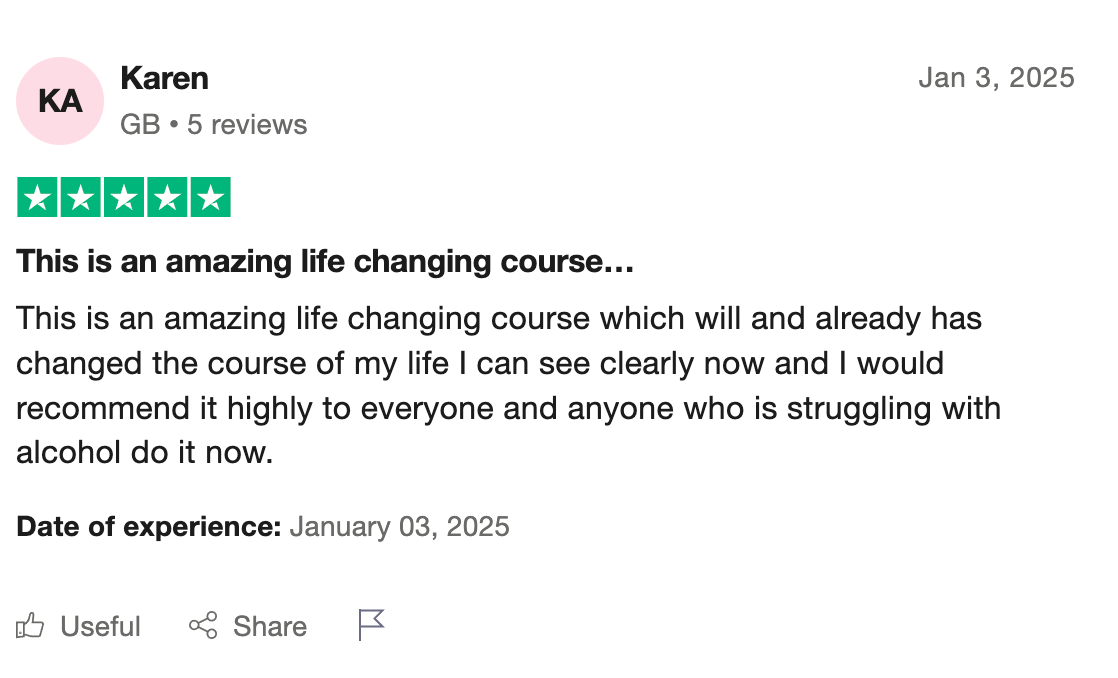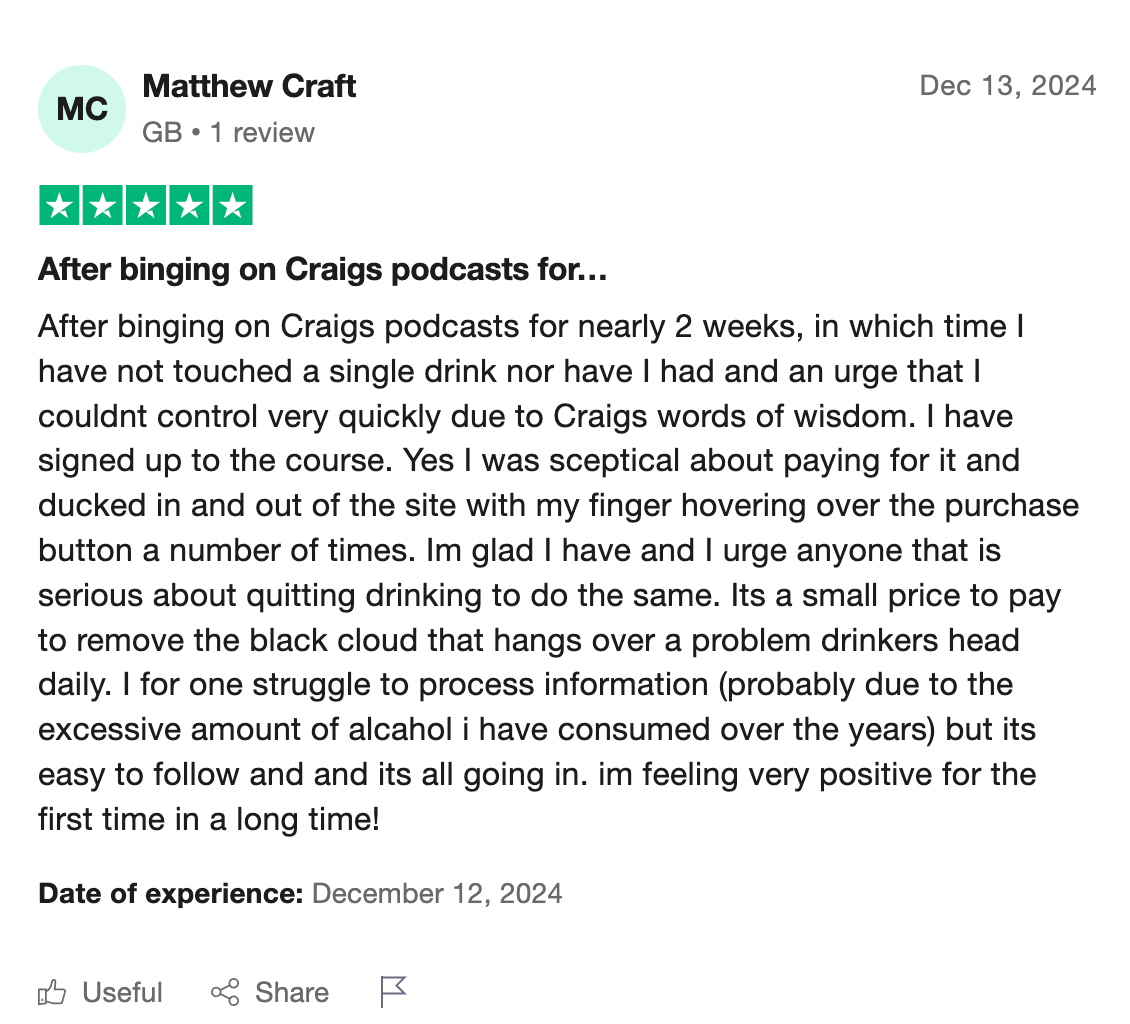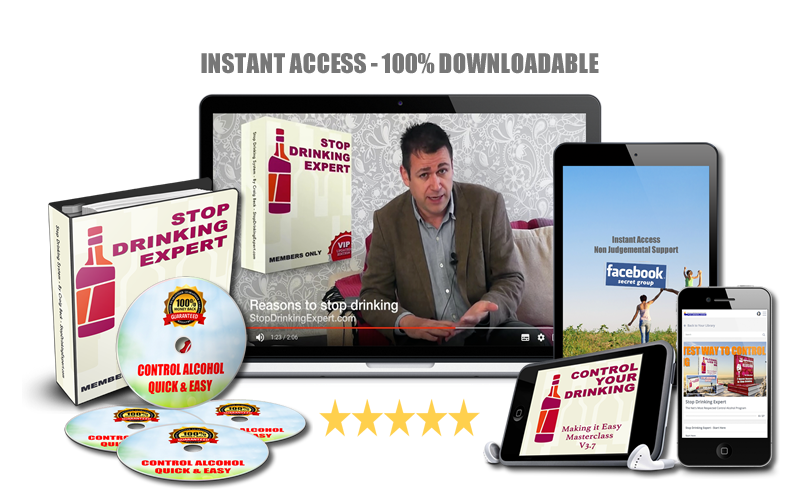People Think That Wine Helps Them Relax: But, The Truth Is The Opposite
People Think That Wine Helps Them Relax: But, The Truth Is The Opposite
Picture the classic unwind scene. Steam curls from pasta, a ruby swirl catches candlelight, and shoulders drop while that first mouthful of wine slides past. Advertisers choreograph the moment so well that millions accept it as fact: fermented grapes equal tranquillity. Yet relentless data, bruised sleep records, and agitated dawn heartbeats tell another tale. The warm hush you feel after Pinot wears a disguise; it borrows calm from tomorrow and sends the bill with interest.
Inside the brain alcohol works like a clumsy electrician. It flips a switch that silences racing thoughts, releasing a brief hush, then rips out wiring needed for balance. Gamma-aminobutyric acid surges, slowing neurons, but the body hates imbalance and fires adrenaline to compensate. Heart rate rises, cortisol joins the party, and stress skyrockets while you snooze. Morning jitters appear, you blame email overload, and reach for another glass at dusk. The loop spins.
Remember the last vacation flight that dropped suddenly then steadied? Passengers felt relief yet muscles stayed tense long after landing. Wine produces a similar rollercoaster. Research from University College London found that moderate evening drinkers recorded higher heart-rate variability at 4 a.m. than abstainers, signalling hidden anxiety. Those drinkers still swore the previous night’s cabernet relaxed them. Perception and physiology can hold very different conversations.
Marketing exploits nostalgia to mask that disconnect. Think vineyard sunsets, strings of Edison bulbs, and friends laughing in slow motion. The bottle promises entry to that postcard even when your view is a flickering television and unpaid bills. Spotting the illusion breaks its spell. Place the label beside printed sleep-tracker reports and the myth fades like morning mist.
The Sneaky Chemistry of the Evening Glass
Alcohol arrives as a sedative yet departs as a stimulant. Liver enzymes convert ethanol into acetaldehyde, a toxin that irritates blood vessels and ramps up heart workload. Blood pressure spikes as the night progresses, demanding restless micro-awakenings the brain rarely remembers. According to the British Heart Foundation just two large glasses can cut REM sleep by thirty percent. Less dream time equals poorer memory, mood swings, and amplified worry the next day.
Simultaneously serotonin drops then rebounds in erratic jolts, leaving emotions jangling like loose change. That is why seemingly calm wine lovers report sudden irritation at minor hassles by mid-morning. Many mislabel the feeling as work stress, ignoring the biochemical boomerang they launched twelve hours earlier. For a deeper dive into cardiovascular fallout explore our post on the effects of alcohol on the heart and discover how quickly vessels rejoice once wine leaves the rotation.
Digestive systems suffer too. Wine’s acidity nudges reflux, while dehydration thickens bile and stresses the gallbladder. A dull right-side abdominal ache the next day often hides behind spicy-food excuses. If that rings a bell skim our guide on right side abdominal pain and learn what whispers your liver may be sending.
All that turmoil happens offstage while the star performer—the illusion of calm—takes the curtain call. Understanding that backstage chaos reframes the plot. You realise the ticket to relaxation was counterfeit, stamped by clever slogans not biology.
Why the Brain Keeps Falling for the Same Trick
Humans follow dopamine breadcrumbs. The first sip delivers a reward burst, branding the memory with neon “relax here” lettering. Yet the crash lands later, outside the memory snapshot. Psychologists call this delayed association. You recall the glow, forget the midnight toss-and-turn, and repeat. Breaking the cycle requires stacking new pleasurable cues in place of fermented grapes so the brain rewrites its signposts.
A London teacher named Ellie swapped her nine-o’clock merlot for a lavender foot soak and a documentary. She tracked mood each hour until bedtime. Within ten days her relaxation rating at both sip-time and wake-time surpassed old levels. The brain accepted the new routine because reward arrived swiftly, proving that comfort never needed alcohol’s cameo.
You can craft similar swaps. Try sparkling water over frozen berries in a balloon glass or a brisk sunset walk with a podcast that sparks curiosity. Each alternative gifts genuine calm without the biochemical price tag. For extra ideas browse our archive on relaxing without alcohol. Choice multiplies motivation.
Consistency cements the rewiring. Keep the ritual hour the same so the body still senses a winding-down signal. Over a fortnight the old craving shrivels as neural pathways prune from disuse, a process neurologists call synaptic pruning. Science backs your perseverance.
Social Myths, Peer Scripts, and Subtle Pressure
Friends hand you a glass and say, “You deserve this.” The script runs deep. Declining can feel like rejecting kindness. Yet genuine support respects your wellbeing. Practice kind refusal lines: “I am testing a new sleep routine” or “Doctor challenged me to thirty days clear head.” Most people nod and pivot. If they press, recall that their reaction reveals their discomfort not your duty.
Host gatherings that showcase alcohol-free sophistication. Seedlip cocktails, smoked paprika popcorn, and vinyl jazz turn any lounge into a boutique bar minus ethanol. Guests remember flavour and vibe, not missing wine. A guest from Barcelona once told me her favourite party served only mocktails because conversation stayed clever until midnight. Your example may plant sober curiosity in others without a lecture.
Online networks back you when local circles waver. Post victories, share sleepy-time screenshots, and collect virtual high-fives. Community harnesses collective dopamine to reinforce your choice. Readers frequent our thread on drinking to escape reality for daily pep talks that outshine any sommelier.
The strongest armor is knowledge. When you understand the stress rebound mechanism, offers of liquid calm lose sparkle. Facts act like sunlight on vampire folklore; the myth cannot survive the glare.
The Hidden Cost in Skin, Libido, and Mood
Stress hormones fuel systemic inflammation. Over time capillaries near the cheeks dilate, collagen degrades, and skin dulls. Beauty magazines blame aging though studies from Seoul National University trace premature wrinkles to nightly wine. Sexual desire suffers as well. Alcohol narrows blood vessels, reducing arousal in all genders. A study in the Journal of Sexual Medicine linked moderate intake to a twenty percent higher risk of low libido. For specifics explore our article on alcohol and intimacy.
Emotionally, chronic drinking lowers serotonin baseline leading to irritability and flat afternoons that many label as Monday blues. Breaking the habit lifts that ceiling quickly. Clinicians at Johns Hopkins report mood improvements within two weeks of abstinence equal to low-dose antidepressants without side effects. Waking with steady optimism proves more relaxing than any bedtime chardonnay ever could.
Your wallet breathes easier too. The average professional in Manchester spends over one thousand pounds annually on home wine. Redirect that stream toward massages, art classes, or weekend treks and feel tension melt honestly. Money saved is future stress avoided.
Each hidden cost stacks until the bargain glass looks like an overpriced scam. Seeing the full invoice motivates lasting change far better than scare tactics or shame. Numbers speak plainly.
Building an Unshakeable Evening Routine
Start with light. Dim lamps an hour before bed, mimicking dusk, which nudges melatonin. Pair the lighting with a soothing playlist or nature sounds. Add a tactile treat, maybe shea-butter hand cream or a knitted throw. Engage scent memory with chamomile steam. The brain associates multisensory cues with safety. Soon the new ritual delivers calm before you notice.
Move the body gently. Ten minutes of yin yoga releases shoulder knots and signals the vagus nerve to down-shift heart rate. Studies at Stanford show slow diaphragmatic breathing lowers cortisol faster than a standard alcoholic dose yet lifts GABA just as effectively, minus rebound. Record these sessions to witness progress and fuel motivation.
Journal three wins from the day. Positive psychology finds gratitude outperforms wine for stress reduction and bolsters immunity markers. Gratitude drills reframe mind chatter away from worries that once prompted the pour. Combined with the sensory ambience above, you create a fortress against tension without touching a corkscrew.
Seal the evening with a chapter from the free bestseller Alcohol Lied To Me. Its plain-spoken truths evaporate lingering myths. Thousands message our site saying the first chapter sliced their cravings in half. Knowledge paired with ritual equals power.
Conclusion: The Calm You Seek Lives Beyond the Bottle
Wine sells serenity yet seeds stress. It hushes nerves briefly then shouts at them through the night. Once you read the body’s secret telegrams the masquerade ends. Replace the impostor with rituals that heal rather than steal. Within days the breath deepens, skin brightens, and mornings greet you instead of accuse you. Download Alcohol Lied To Me today, test the science on your own pillow, and discover relaxation that never sends a nasty invoice.
References
- King, A. et al. “Acute Alcohol and Heart-Rate Variability During Sleep.” Psychophysiology, 2023.
- British Heart Foundation. “The Impact of Evening Drinking on REM Sleep.” 2022.
- Kim, J. “Facial Aging Markers in Social Drinkers.” Dermatology Research, 2021.
- Johns Hopkins Medicine. “Mood Improvement Following Alcohol Abstinence.” 2024.
- Stanford Center for Stress Research. “Breathwork Versus Alcohol for Anxiolytic Effect.” 2020.
More to Explore
Does this sound familiar?
- Drinking to escape stress and to cope with the pressures of life?
- Waking up full of guilt and regret that you drank again last night despite promising that you wouldn't?
- Hiding alcohol or the evidence of your drinking?
- Feeling like you are living a double life because of your drinking?
- Creating silly rules to try and control your drinking (e.g., I will only drink on special occasions)?
The good news is that you are not alone; the better news is that I can help.
Meet Craig Beck, The World's Most Respected Sobriety Coach
Craig Beck, better known as “The Stop Drinking Expert”, turned a 20-year battle with alcohol into a roadmap for lasting freedom. The bestselling author of Alcohol Lied to Me and The Sobriety Secret discovered that traditional routes like Alcoholics Anonymous can feel embarrassing, public, and all too often, entirely ineffective.
His method is different. It shows you:
- Why you drink in the first place—the hidden brain loops alcohol hijacks.
- How to switch off cravings before they even start.
- A willpower-free exit plan you can follow privately, at your own pace—no labels, no awkward meetings, no medication.
Hundreds of thousands worldwide now wake up clear-headed, proud and at peace thanks to Craig’s approach. Will you be the next?
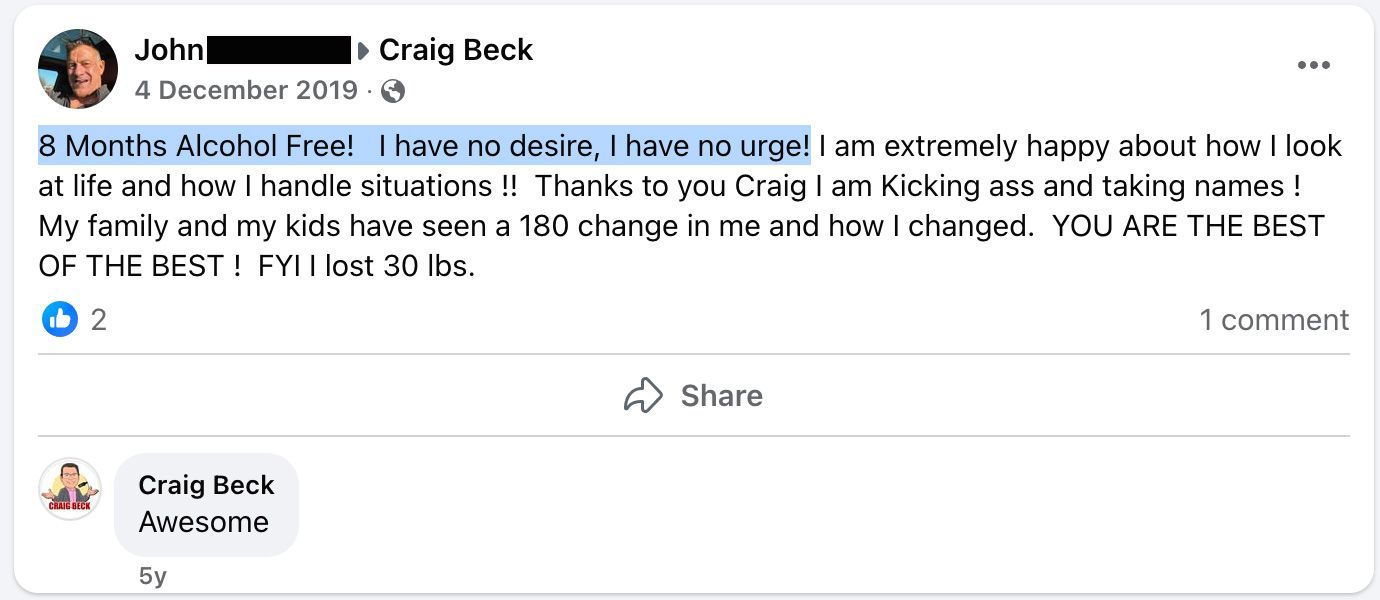
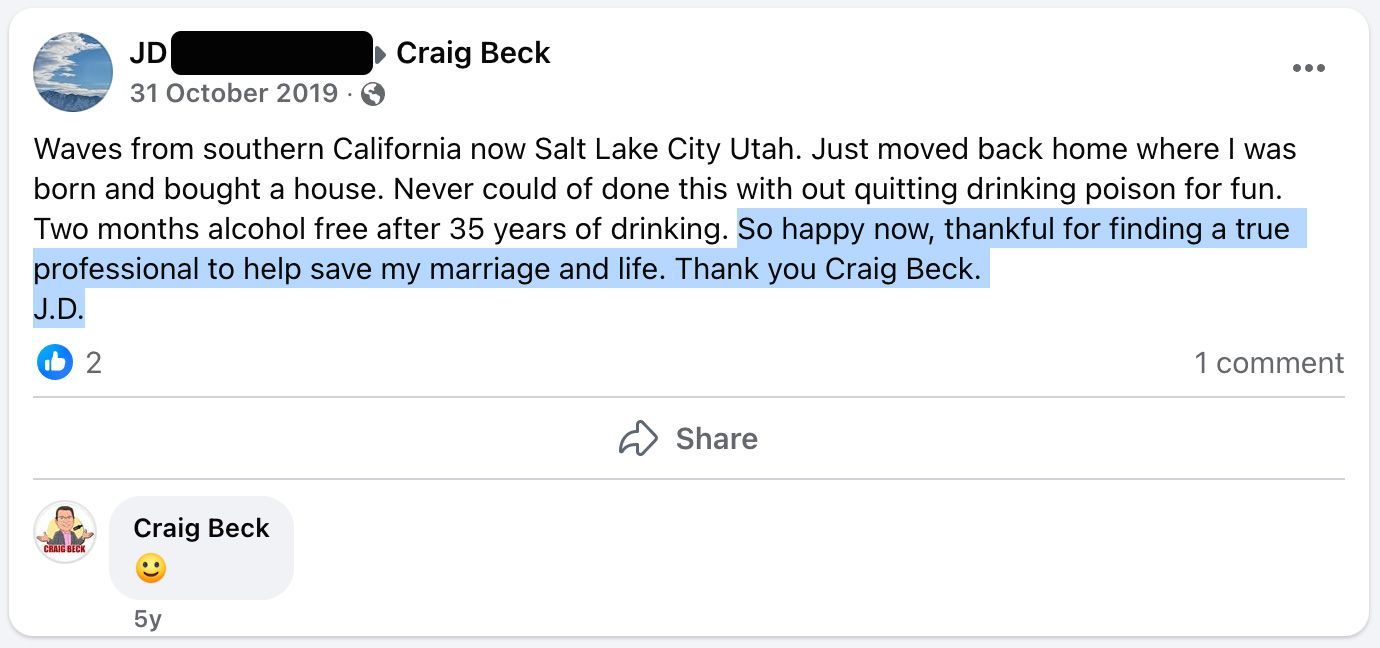
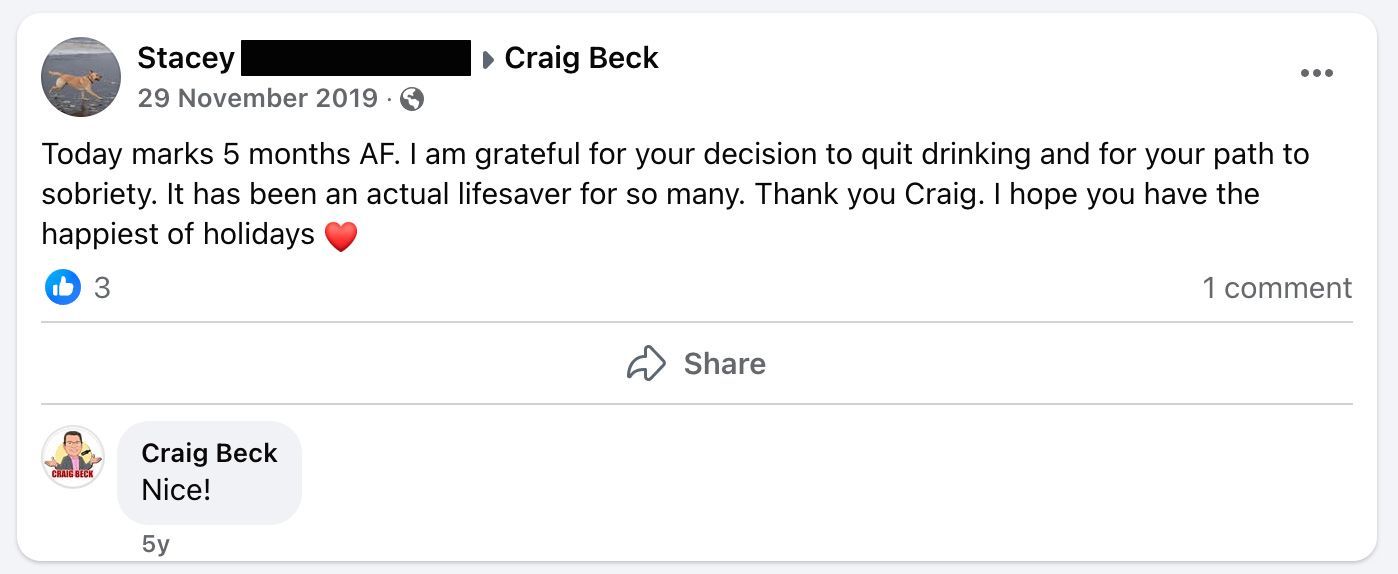
"Effortless Sobriety: The Proven Path to End Problem Drinking"
No one likes asking for help with their drinking—it feels personal and heavy. But if willpower alone hasn’t worked, it’s not because you’re weak. Research indicates that relying solely on grit is unsuccessful approximately 95 percent of the time. You’ve simply been using the wrong tool for the job.
Download my free ebook or decide now get started with the full course and learn:
- Why the game is rigged: how alcohol rewires your brain chemistry and makes “just trying harder” almost impossible.
- A science-based exit plan: practical steps that work quickly, privately, and on your terms.
- No awkward meetings or risky meds: forget the gimmicks—this is about smart strategy, not shame.
`Are you ready to step onto solid ground? Get off the fence, take action, and start taking back control—quickly, confidently, and without the struggle.
Over 250,000 Happy Sober Clients Can't Be Wrong:






